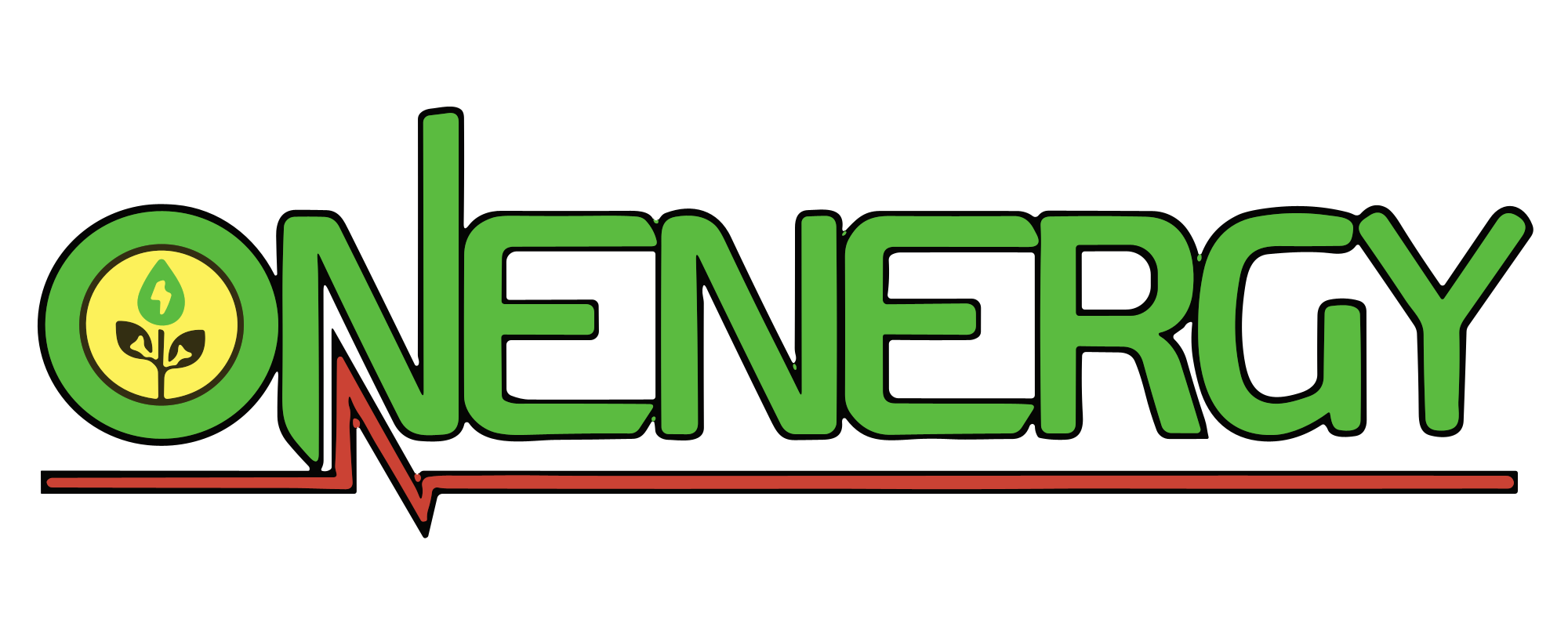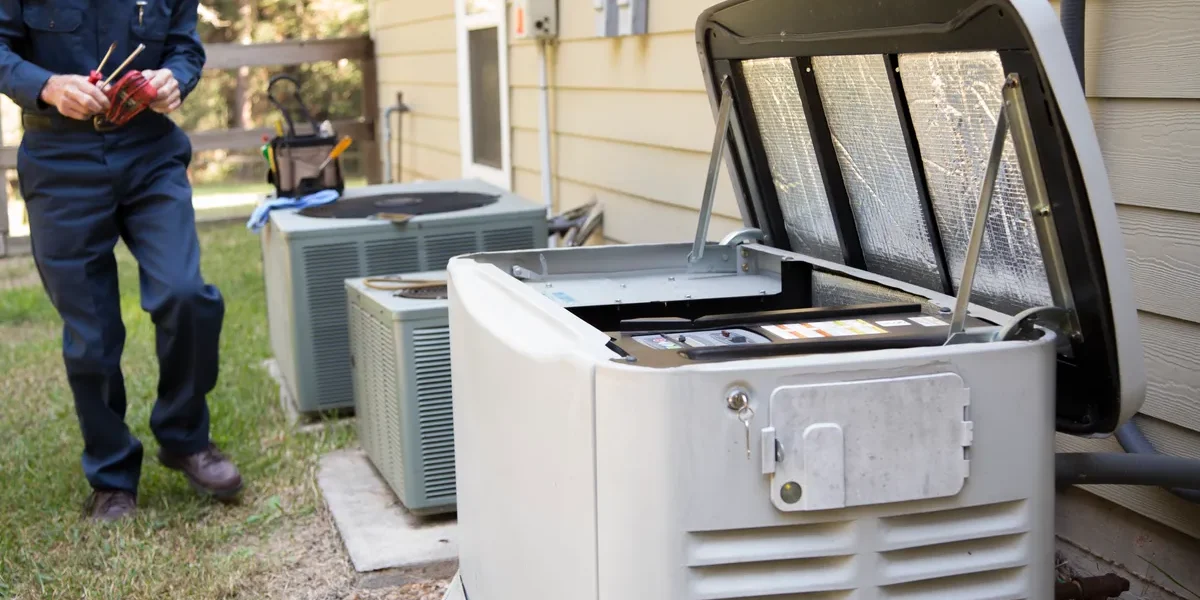Installing a generator is a significant investment that ensures your home or business remains powered during outages. However, understanding the generator installation cost can be complex, given the various factors involved. This comprehensive guide will help you navigate the costs associated with generator installation, from the types of generators to labor and additional expenses.
Types of Generators
Portable Generators
Portable generators are versatile and can be moved as needed. They are typically less expensive to purchase and install compared to other types. These generators are ideal for temporary power needs and can be used for outdoor activities or during short power outages. The installation cost for portable generators is generally lower since they don’t require permanent setup or extensive wiring.
Standby Generators
Standby generators are permanently installed and automatically provide power during an outage. They are more powerful and reliable than portable generators, making them suitable for homes and businesses that need a consistent power supply. The generator installation cost for standby generators is higher due to the complexity of the installation, which includes wiring, fuel supply connections, and possibly concrete pads.
Inverter Generators
Inverter generators are known for their efficiency and quiet operation. They are portable like traditional generators but offer cleaner power, making them suitable for sensitive electronics. Inverter generators are often more expensive than standard portable generators, but their installation costs remain relatively low, similar to other portable units.
Factors Influencing Generator Installation Cost
Generator Size and Power Output
The size and power output of a generator significantly impact the installation cost. Larger generators with higher power outputs are more expensive to purchase and install. The power needs of your home or business will determine the appropriate size, and an accurate assessment is crucial to avoid overspending.
Type of Fuel Used
Generators can run on various fuels, including gasoline, propane, natural gas, and diesel. The type of fuel affects both the generator’s price and installation cost. For example, natural gas generators may require additional plumbing work to connect to the gas supply, increasing the installation cost. Propane and diesel generators need proper storage solutions for the fuel, adding to the overall expense.
Installation Complexity
The complexity of the installation process plays a significant role in determining the generator installation cost. Factors such as the location of the generator, the distance from the fuel supply, and the need for additional electrical work can increase the complexity and, consequently, the cost. A straightforward installation on a flat surface near the existing electrical panel will be less expensive than one requiring extensive site preparation or electrical upgrades.
Costs of Different Types of Generators
Cost of Portable Generators
Portable generators typically range from $500 to $2,500, depending on the size and features. The installation cost for portable generators is minimal, often only requiring basic setup and connection to the appliances you wish to power. Additional costs may include purchasing transfer switches or extension cords.
Cost of Standby Generators
Standby generators are more expensive, with prices ranging from $2,000 to $10,000 or more. The installation cost can add another $3,000 to $5,000, depending on the complexity. This includes labor, materials, permits, and any necessary upgrades to your home’s electrical system.
Cost of Inverter Generators
Inverter generators generally cost between $700 and $4,000. Installation costs are similar to those for portable generators, focusing on simple setups. These generators are ideal for those needing reliable, clean power for sensitive electronics without the higher installation costs associated with standby generators.
Labor Costs for Generator Installation
Average Hourly Rates for Electricians
The labor cost for installing a generator depends significantly on the hourly rate of electricians, which typically ranges from $50 to $100 per hour. The total labor cost will depend on the complexity of the installation and the number of hours required to complete the job.
Time Required for Installation
The time required to install a generator varies based on the type and complexity of the system. Portable generators can be set up in a few hours, while standby generators may take several days to install due to the need for wiring, fuel connections, and possibly site preparation.
Permits and Inspections
Obtaining permits and scheduling inspections are essential parts of the installation process. Permit fees can range from $50 to $500, depending on local regulations. Inspections ensure the installation meets safety and code requirements, adding to the overall generator installation cost.
Additional Costs to Consider
Site Preparation
Site preparation is an often overlooked cost in generator installation. For standby generators, this may include pouring a concrete pad, ensuring proper drainage, and securing the generator against weather and theft. Site preparation costs can range from a few hundred to several thousand dollars.
Electrical Upgrades
Older homes may require electrical upgrades to accommodate a new generator. This can include upgrading the electrical panel, installing transfer switches, and ensuring the wiring meets current code standards. Electrical upgrades can add significantly to the generator installation cost, depending on the scope of work needed.
Maintenance and Service Plans
Maintaining your generator is crucial for ensuring its longevity and reliability. Service plans, which can cost between $200 and $500 annually, cover routine maintenance such as oil changes, filter replacements, and system inspections. Factoring these ongoing costs into your budget is essential for the overall generator installation cost.
Cost Breakdown of a Typical Generator Installation
Generator Unit Cost
The cost of the generator unit itself varies widely depending on the type and size. Portable generators are the least expensive, while standby generators represent a more significant investment. It’s essential to choose a generator that meets your power needs and fits within your budget.
Installation Labor Cost
Labor costs for installing a generator can vary based on the complexity of the installation and local labor rates. Standby generators typically require more labor, including electrical work, plumbing for fuel connections, and site preparation. These factors can significantly impact the total installation cost.
Additional Equipment and Materials
Additional equipment and materials, such as transfer switches, concrete pads, and wiring, add to the total cost of the installation. These items are necessary for a complete and safe installation and should be included in your budget planning.
Comparing Costs: DIY vs. Professional Installation
Pros and Cons of DIY Installation
DIY installation can save money on labor costs but comes with significant risks. Improper installation can lead to safety hazards, voided warranties, and non-compliance with local codes. DIY is typically only recommended for portable generators that require minimal setup.
Benefits of Hiring Professionals
Hiring professional installers ensures the job is done correctly, safely, and in compliance with all local regulations. Professionals have the necessary experience and tools to handle complex installations, reducing the risk of errors and ensuring the longevity of your generator.
Cost Comparison
While professional installation has higher upfront costs, it often results in long-term savings by preventing costly mistakes and ensuring optimal performance. DIY installation may save on initial labor costs but can lead to higher expenses down the line due to potential issues and repairs.
Ways to Save on Generator Installation Costs
Shopping for Discounts and Deals
Shopping around for discounts and deals on generators and installation services can help reduce costs. Look for promotions, rebates, and sales from reputable dealers and manufacturers. Comparing quotes from multiple contractors can also help you find the best price for professional installation.
Choosing the Right Time for Installation
Timing your installation during off-peak seasons can result in lower costs. Installers may offer discounts during times when demand is lower, such as late fall or early spring. Planning ahead and scheduling your installation during these periods can lead to significant savings.
Financing and Payment Options
Many dealers and contractors offer financing options to help spread out the cost of generator installation. Financing can make it easier to manage the upfront expense and allow you to choose a higher-quality generator without straining your budget. Explore available financing options and choose one that best fits your financial situation.
Importance of Proper Installation
Safety Considerations
Proper installation is critical for ensuring the safety of your generator system. Incorrect installation can lead to hazards such as carbon monoxide poisoning, electrical fires, and fuel leaks. Professional installers follow safety protocols to mitigate these risks and ensure a safe and reliable system.
Efficiency and Performance
A properly installed generator operates more efficiently and reliably. Correct installation ensures that the generator runs smoothly, providing consistent power during outages. This efficiency not only improves performance but also extends the lifespan of the generator, protecting your investment.
Longevity of the Generator
Investing in professional installation helps maximize the longevity of your generator. Proper installation, along with regular maintenance, ensures that the generator remains in good working condition for many years. This longevity translates to better value and peace of mind.
Frequently Asked Questions about Generator Installation Costs
What is the average cost of installing a standby generator?
The average cost of installing a standby generator ranges from $5,000 to $10,000, including the unit, labor, and additional materials. This cost can vary based on the size of the generator and the complexity of the installation.
Are there ongoing costs after installation?
Yes, ongoing costs after installation include regular maintenance, fuel, and possible service plans. These costs ensure the generator operates efficiently and remains reliable over time.
How do I choose the right generator for my needs?
Choosing the right generator involves assessing your power needs, budget, and installation requirements. Consulting with a professional can help you determine the best type and size of generator for your situation.
Can I install a generator myself?
While you can install portable generators yourself, installing standby generators is complex and should be handled by professionals to ensure safety and compliance with local codes.
What are the most common additional costs?
Common additional costs include site preparation, electrical upgrades, permits, and inspections. These costs can add significantly to the total installation expense.
How often should I service my generator?
Generators should be serviced at least once a year or after every 200 hours of use. Regular maintenance includes oil changes, filter replacements, and system inspections.
Are there financing options available for generator installation?
Yes, many dealers and contractors offer financing options to help spread out the cost of installation. Financing can make it easier to manage the upfront expense.
What factors influence the total installation cost?
Factors influencing the total installation cost include the type and size of the generator, installation complexity, labor rates, and additional equipment or upgrades needed.
Is a permit required for generator installation?
In most areas, a permit is required for installing standby generators. Permit fees vary based on local regulations and can add to the overall installation cost.
How can I save money on generator installation?
You can save money by shopping for discounts, choosing the right time for installation, and exploring financing options. Obtaining multiple quotes and planning ahead can also help reduce costs.
Conclusion
Understanding the generator installation cost involves considering various factors, from the type and size of the generator to installation complexity and additional expenses. Proper planning and budgeting, along with choosing the right professionals for installation, ensure a reliable and efficient power solution for your home or business. Investing in a generator is a significant decision, but with the right information and approach, you can ensure a seamless and cost-effective installation process.







